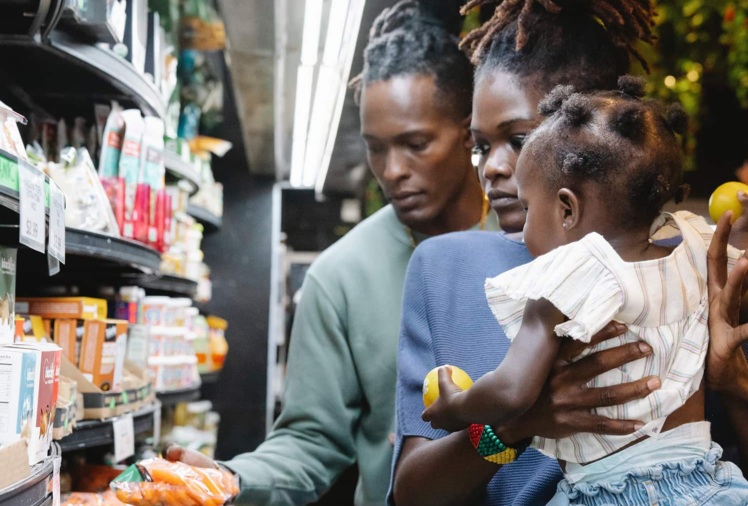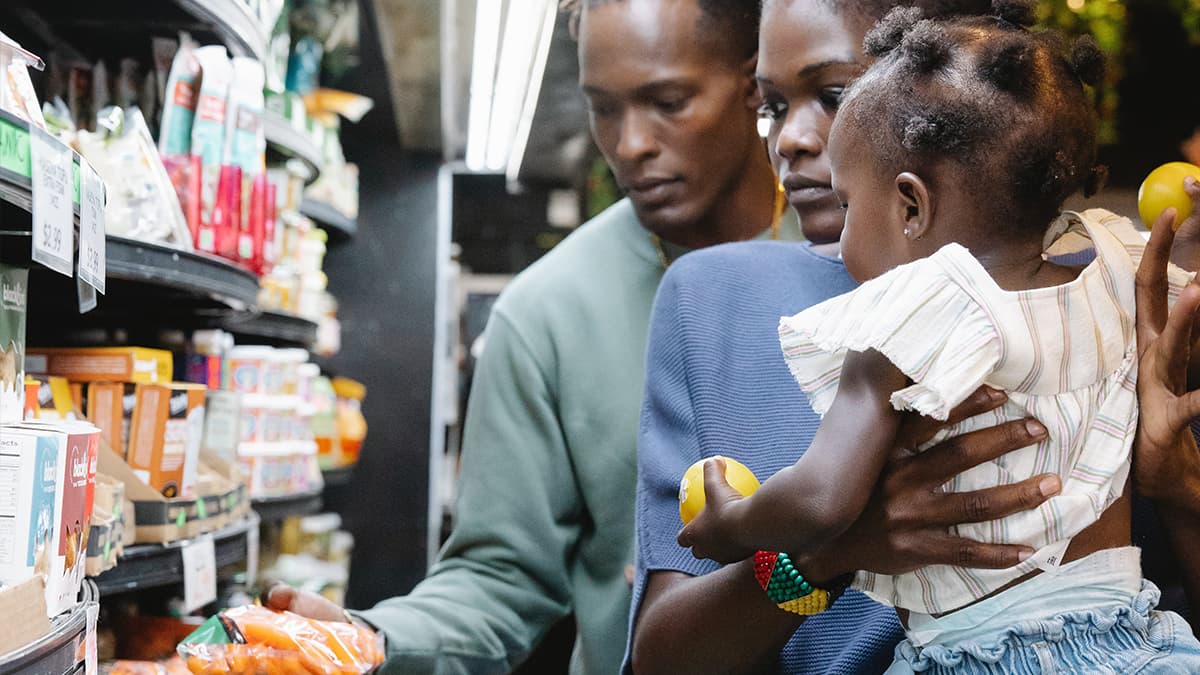
Ending Drug War Civil Punishment
People need support, not punishment. The decision to punish drug use has affected nearly every aspect of daily life. The drug war has now spread beyond the criminal system into education, employment, housing, and more. The Drug Policy Alliance is working to end the punishment and surveillance that harm families and communities.
What Does It Mean to End Civil Punishment?
Police are not the only enforcers of drug war policies. Doctors, social workers, and teachers should be part of the support system for people who struggle with addiction. Instead, they are used to monitor, report, and punish drug use. Ending civil punishments means challenging the way punitive approaches have distorted supportive spaces and harmed people.
End Drug Testing at Work
Drug testing and discrimination against employees with a drug record rob people's livelihood. Almost a quarter of the U.S. workforce is subject to drug tests at work, but there is no proof testing increases productivity or predicts impairment.
Source: U.S. Bureau of Labor Statistics, Science DirectKeep Families Together
Any parental drug use is used to justify invasive searches, family separation, and even termination of parental rights. This happens despite a lack of evidence connecting drug use to the ability to care for children. Black families are especially targeted by these policies even though rates of use are similar to other groups.
Source: Movement for Family PowerRemove Barriers to Housing
A place to live is a basic human need. Zero-tolerance policies by landlords and public housing for even suspected drug use can lead to people becoming unhoused.
Source: Annals of Medicine
What DPA is Doing:
- Exposing the harsh punishment for drugs in people’s daily lives. This includes how drug war punishment disproportionately affects communities of color and people experiencing poverty.
- Advancing regulatory, legislative, and administrative-based policy changes in partnership with directly-impacted people.
- Collaborating with allies to challenge the use of drug testing, surveillance, and harsh enforcement measures.
- Promoting broader drug policy changes across movements.
